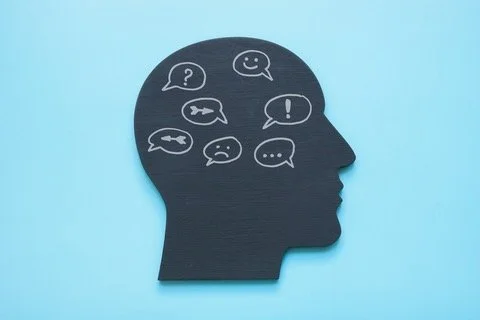Internal Family Systems: Working with Parts and Ego States for Therapists
As therapists, our work involves helping individuals navigate their internal landscapes and heal from emotional wounds. Internal Family Systems (IFS) is a therapeutic modality that offers a unique and powerful approach to understanding and working with the different parts and ego states within a person. In this blog, we will explore the concept of Internal Family Systems and how therapists can effectively utilize this approach in their practice.
1. Understanding Internal Family Systems:
Internal Family Systems is a therapeutic model developed by Dr. Richard Schwartz that views the mind as a collection of different parts or subpersonalities. These parts, often referred to as "exiles" or "managers," have distinct roles and beliefs, and they can either support or hinder an individual's well-being. IFS recognizes that each part has a positive intention and seeks to protect the person, even if their behaviors or beliefs may be maladaptive.
2. The Concept of Parts and Ego States:
In IFS, parts refer to the various aspects of a person's internal system. These parts can be categorized into different ego states, such as the wounded child, the inner critic, the caretaker, or the protector. Each part carries its own emotions, memories, beliefs, and behaviors. By understanding and acknowledging these parts, therapists can help individuals develop a greater sense of self-awareness and compassion for themselves.
3. The Role of the Therapist:
Therapists using the IFS approach act as compassionate guides, facilitating the exploration and understanding of a person's internal parts. They create a safe and non-judgmental space for clients to express and explore the different aspects of themselves. By fostering curiosity and empathy, therapists assist individuals in building a stronger connection with their parts and promoting self-healing.
4. Unburdening Exiles:
Exiles are the wounded parts within a person that carry unresolved trauma or painful experiences. These exiles often hold intense emotions and memories that may have been suppressed or avoided. In IFS therapy, the therapist helps clients establish a trusting relationship with these exiles, providing a compassionate space for them to express their pain, be witnessed, and ultimately find healing and resolution.
5. Working with Protectors:
Protector parts in IFS are responsible for managing and protecting the person from experiencing emotional pain or vulnerability. While their intentions are positive, protectors can sometimes manifest as self-sabotaging behaviors, addictions, or defensive mechanisms. Therapists help clients understand and appreciate the protective role of these parts while supporting them in finding healthier ways to meet their needs.
6. Cultivating Self-Leadership:
The ultimate goal of IFS therapy is to nurture the development of the Self, which is the core, authentic essence of a person. The Self possesses qualities such as compassion, curiosity, and wisdom. Therapists assist clients in strengthening their Self-leadership, enabling them to effectively manage and harmonize their internal system. This process involves developing a trusting and collaborative relationship with all parts, allowing them to work together towards healing and growth.
So, what?
Internal Family Systems offers therapists a powerful framework for understanding and working with the diverse parts and ego states that exist within each individual. By embracing the principles of IFS, therapists can create a safe and transformative space for clients to explore their internal landscape, heal from past wounds, and cultivate a greater sense of self-awareness, compassion, and integration. Through the lens of Internal Family Systems, therapists can support individuals in their journey of self-discovery and facilitate profound healing and personal growth.

